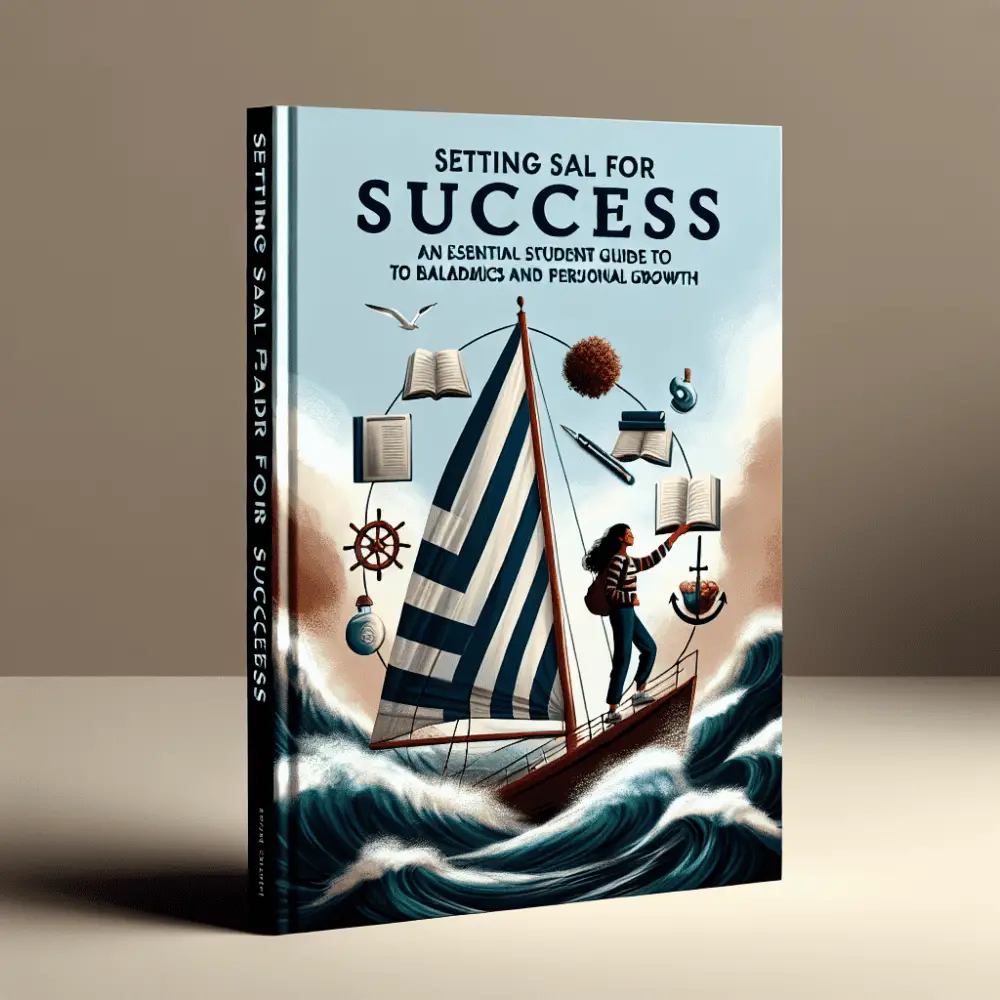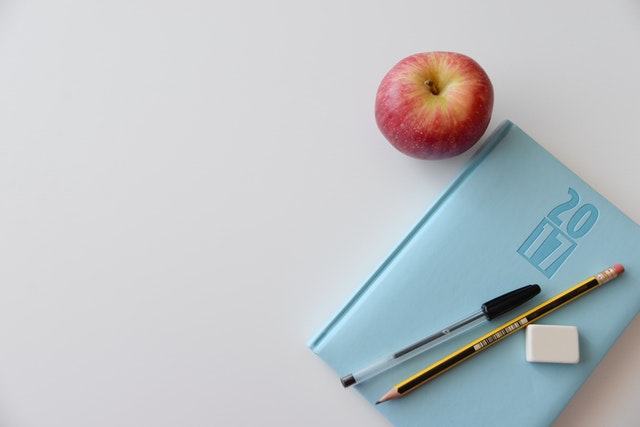
Setting Sail for Success: An Essential Student Guide to Balancing Academics and Personal Growth
As a student, achieving academic success is undoubtedly a top priority. However, focusing solely on academics without considering personal growth can lead to an imbalanced and unfulfilled life. Striking a harmonious balance between excelling academically and nurturing personal growth is crucial for long-term success both inside and outside the classroom.
This comprehensive guide aims to provide students with invaluable insights into maintaining a healthy equilibrium between academics and personal growth. By implementing these essential strategies, students can optimize their learning experience, foster personal development, and pave the way for a successful future.
Benefits of Balancing Academics and Personal Growth
1. Holistic Development: By prioritizing both academics and personal growth, students can cultivate a well-rounded lifestyle that encompasses intellectual, emotional, and physical well-being. This well-rounded approach leads to enhanced creativity, critical thinking abilities, and improved problem-solving skills.
2. Increased Self-Awareness: Balancing academics with personal growth allows students to explore their passions, interests, strengths, and weaknesses beyond the classroom. This self-discovery journey facilitates greater self-awareness which helps in making informed decisions about future career paths.
3. Improved Time Management Skills: Balancing multiple aspects of life requires effective time management skills. By dedicating time to both academic pursuits and personal growth activities such as hobbies or social engagements, students learn how to prioritize tasks efficiently and make the most of their available time.
Tips for Striking the Perfect Balance
1. Prioritize and Plan: Begin by making a comprehensive list of academic tasks and personal growth goals. Prioritize these tasks based on urgency and importance, and create a weekly or monthly schedule to allocate time accordingly.
2. Create a Study Routine: Establishing a consistent study routine helps in maintaining focus and productivity. Find a study environment that suits your preferences and schedule regular study sessions to ensure optimal concentration.
3. Set Realistic Goals: Set specific, measurable, achievable, relevant, and time-bound (SMART) goals for both academics and personal growth. This approach will provide clarity on what needs to be accomplished and motivate you to stay committed.
4. Take Breaks: It’s essential to take periodic breaks during intense study sessions to prevent burnout. Engaging in activities that promote relaxation, such as meditation, exercise, or hobbies, can help rejuvenate the mind and maintain overall well-being.
Frequently Asked Questions (FAQs)
1. Can personal growth activities negatively impact academics?
No, personal growth activities can actually enhance academic performance when balanced effectively. Engaging in activities outside of academics helps in fostering creativity, reducing stress levels, and developing crucial life skills that can contribute positively to academic success.
2. How can I find time for personal growth amidst heavy academic workload?
Prioritizing personal growth alongside academics requires effective time management skills. By creating a schedule that includes dedicated time for personal growth activities and adhering to it strictly, students can find the right balance between their responsibilities.
3. Is it possible to excel academically without focusing on personal growth?
Absolutely! However, focusing solely on academics might lead to a lopsided approach to life. Personal growth activities allow students to explore their passions, develop social skills, and gain a broader perspective that can enhance their academic journey and overall success.
4. How can personal growth contribute to future career prospects?
Personal growth enables individuals to acquire valuable life skills such as effective communication, leadership abilities, adaptability, and creativity. These skills are highly desirable in the professional world and can significantly boost career prospects.
5. What are some examples of personal growth activities?
Personal growth activities vary depending on individual interests and preferences. Some examples include joining clubs or organizations related to your passions, volunteering for community service projects, pursuing hobbies or creative outlets, attending workshops or conferences on topics of interest, or engaging in self-reflection exercises such as journaling or meditation.


















